Peer bullying leaves permanent scars! How can you protect your children?

Research shows that children directly model their parents' attitudes in their social interactions. Expert Psychologist Sena Sivri says, "Avoiding behaviors like yelling and humiliation at home prevents children from adopting similar attitudes. Parents and teachers should model respectful and non-violent communication styles on their children."
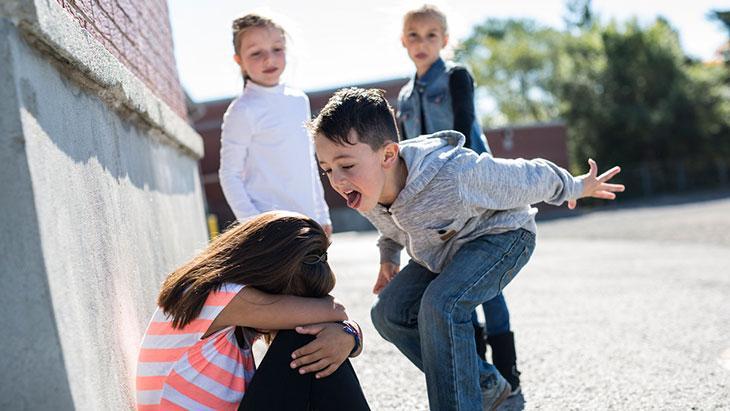
It's crucial to talk to your child regularly and nonjudgmentally, providing a safe environment where they can share their negative experiences. Research shows that children who communicate regularly with their parents are more likely to share their experiences when they are being bullied. Open-ended questions like, "Did anything upset you at school today?" are more effective than closed questions, allowing the child to speak up and express any difficulties they may be experiencing more freely.
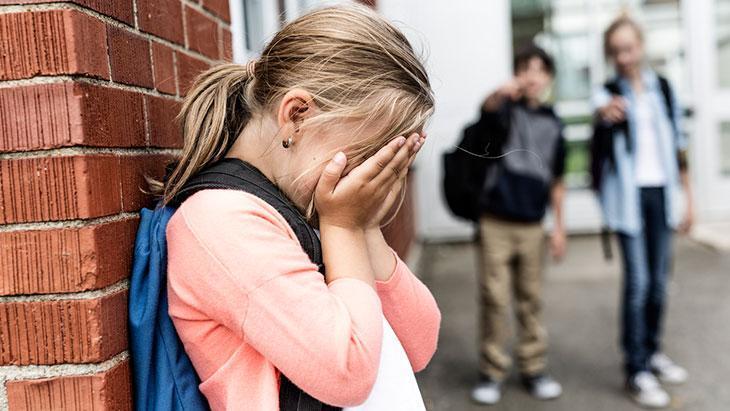
Expert Psychologist Sena Sivri says, "When school administration, teachers, and parents speak the same language, success in combating bullying increases. Scientific studies show that anti-bullying school policies (e.g., the Zero Tolerance Program) can reduce bullying rates by up to 20 percent . Parents should be in regular communication with teachers and school administration, and their children's classroom and social interactions should be monitored."
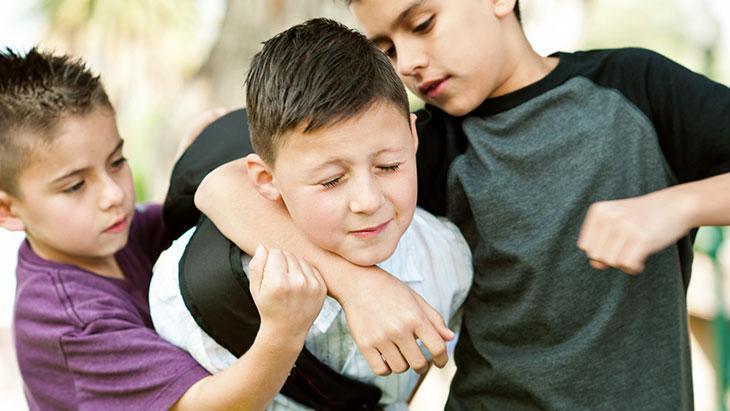
Areas where children feel safe at school (such as guidance counseling rooms and safe play areas) reduce the risk of bullying. Adequate teacher supervision during recess is also crucial. Research shows that bullying cases decrease by 30 percent in areas with high levels of supervision.
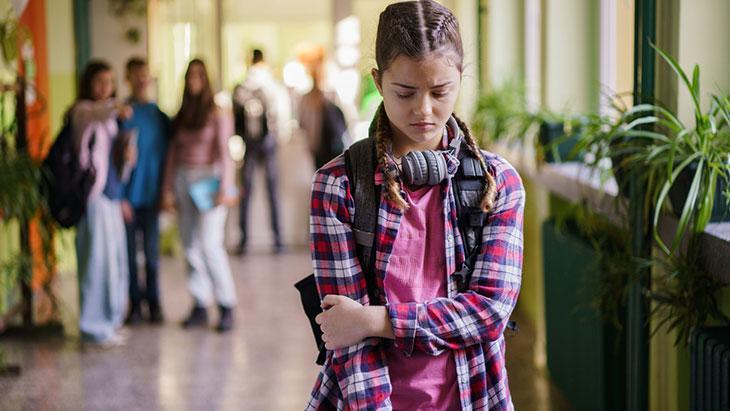
Expert psychologist Sena Sivri says, "One of the most effective ways to prevent bullying is to instill empathy in children. The 'KiVa' program implemented in Finland has proven that empathy training significantly reduces the incidence of bullying. When children learn to understand the emotions of others, they are less likely to engage in bullying."
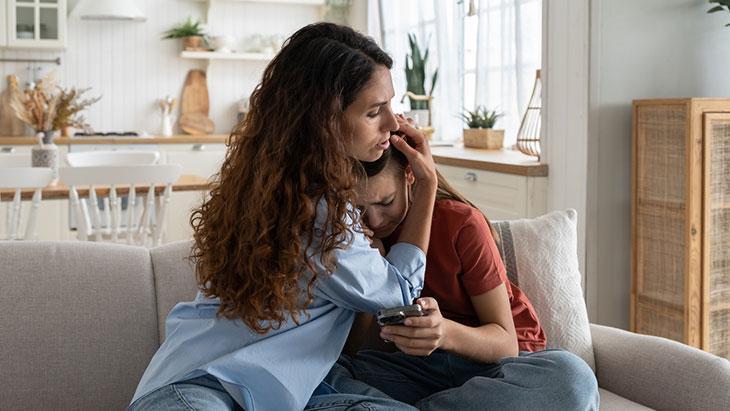
Cyberbullying poses a serious risk for a generation growing up with technology. Children should be taught the risks they may face online and how to react accordingly. Instilling in children the habit of "thinking twice before sharing images or messages" is a critical step in preventing cyberbullying.
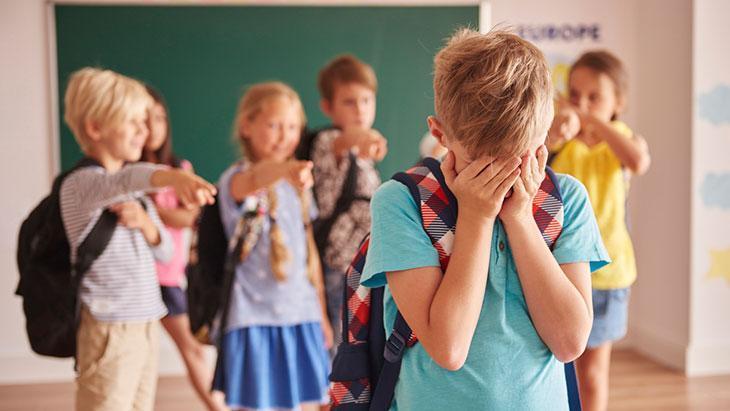
Expert Psychologist Sena Sivri emphasizes that peer bullying is not only an individual problem but also a societal one, saying, "It's crucial to observe a child before they realize they're being bullied or bullying a friend. Both children who are bullied and those who are bullying should receive psychological support. Guidance counseling services, school psychologists, and child psychiatrists play a critical role in mitigating the effects of trauma. Early support can prevent serious mental health problems in the future."
milliyet





